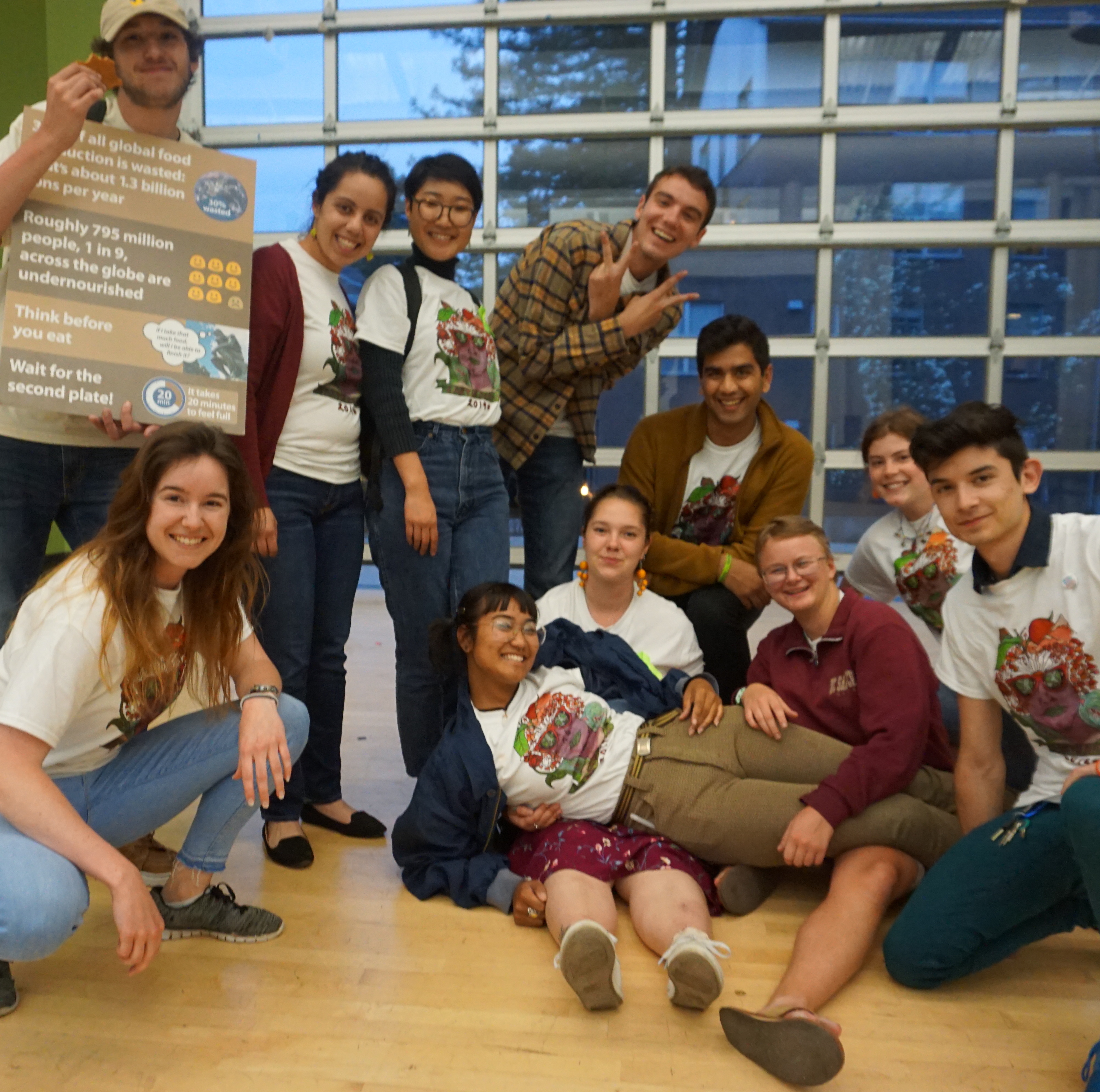Campus Sustainability Council
“ESLP has meant a lot to me as I have found a strong community at UC Santa Cruz, fighting for the education of people about the climate crisis. I've also found hope in our community as this space allows for clear communication and support when dealing with the crisis at hand in the work we do. ”-Avery Larsen, ESLP Core 2023-2024
| Measure 14 |
|---|
| Campus Sustainability Programs Fee |
| The measure funds the creation and implementation of environmentally, socially, and economically sound practices on campus through student-run projects, as established through the protocol outlined in a Blueprint for a Sustainable Campus. |

|
The Campus Sustainability Council (CSC) is funded by the student body to kick-start student projects that promote sustainability. Major campus wide improvements that students enjoy today began with student imagining a better future and pioneering new systems. Examples of CSC-funded ideas include the campus food systems that now bring organic and sustainably sourced food to our dining halls and the founding of 6 gardens in the colleges. CSC funded organizations have also advocated for changes such as the elimination of plastic shopping bags at the bookstore.
In addition to supporting new projects and resources, the CSC also provides stable funding support for popular student-run programs. Regular funding enables student projects to survive, learn, and thrive through the ups and downs that experimental projects go through. A few examples include:
- The Education for Sustainable Living Program (ESLP), a for-credit class that is designed and facilitated by students. The collective selects and brings national and international climate justice leaders to the campus to dialogue with students.
- College gardens, such as the Kresge Garden, provide students with truly hands on experiences, growing food sustainably, exploring cooperative working models, and creating non-hierarchical spaces where all students feel safe.
- The annual CSC-funded Earth Summit promotes sustainability and documents student voices in a Blueprint for a Sustainable Campus. In the last Blueprint, students agreed to push for social and environmental justice to be central components of campus sustainability. This collectively developed approach is reflected in CSC funding priorities.
5,000Plastic bags were saved from landfills
|
1,000Students participanted in educational community meal series |
600Student participants in environmental programs |
95%Funding goes directly to student organizations |
Future Planning
|
|
The CSC is an all-student council that receives proposals from student organizations. Each proposal is reviewed collectively, intentionally, and thoroughly so student ideas are respected and innovation is recognized. In addition, CSC plans ahead and sets aside funds for resources that benefit student leadership and activism. For example, with communities responding to the climate crisis with imaginative movements and programs, students have expressed interest in participating in conferences in order to learn from climate justice communities and leaders. To meet this need and strengthen student sustainability knowledge, the council maintains plans to allocate funds to make it possible for students to travel to conferences throughout the country. The council also takes care of manages core resources by reserving funds to ensure reliable operations, such as the anticipated one-time costs of replacing equipment, furniture, and technology for the Student Environmental Center.



